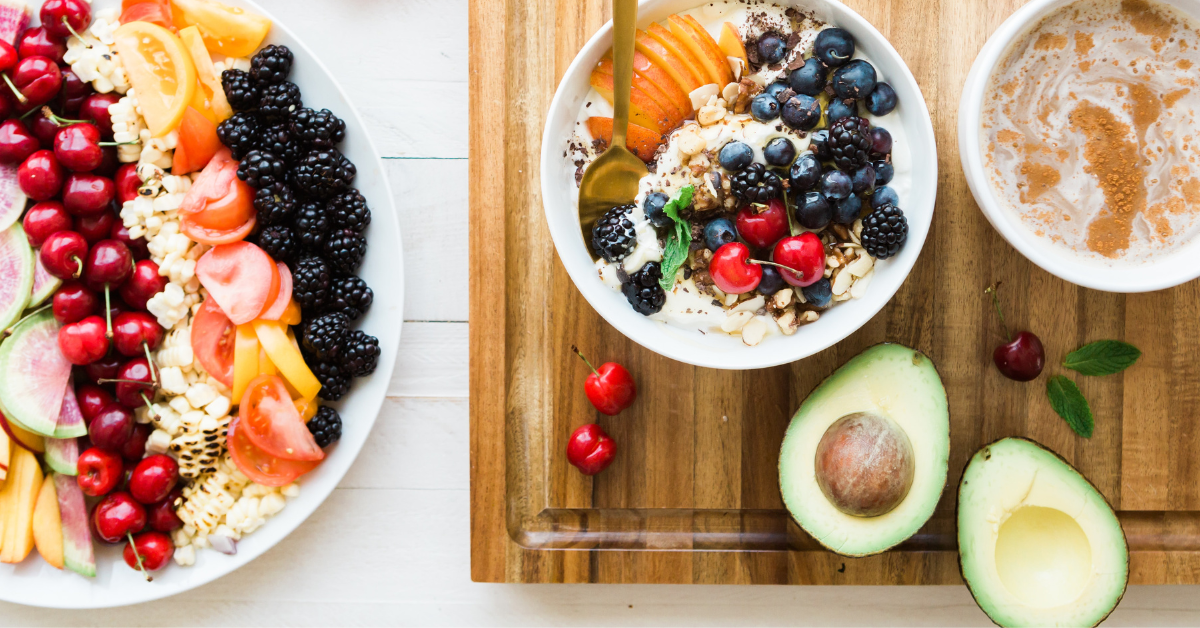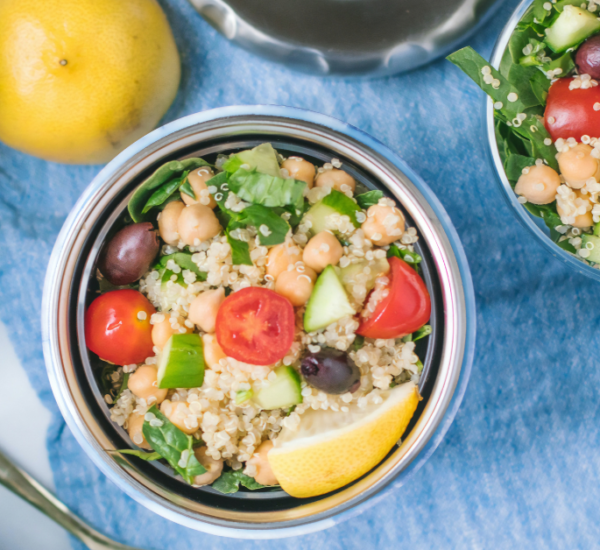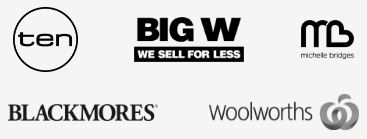Unless you’ve been living under a rock, you’re sure to have heard of the high-protein diets that are often touted as yet another surefire way to lose weight quickly.
The premise of eating plans like the Atkin’s Diet or the Zone is that by eating lots of protein (meat, poultry, fish, tofu, legumes/beans and the like) and restricting various other foods, you’ll lose weight fast. In addition, they claim you’ll also prevent many diseases and (in the case of the Atkin’s Diet) “stay lean for life” or (in the case of the Zone) you’ll “reset your genetic code” – whatever that means!
Who Wants to go High Protein?
What sort of people are attracted to eating a high-protein diet? Well, bodybuilders to start with, because protein is the building block of muscle. Anyone who lifts weights regularly with a view to packing on heaps of muscle will often be told to eat huge amounts of protein, which is why you often see guys gulping down protein shakes, ordering omelettes made with four egg-whites for breakfast or chowing into massive cans of tuna for morning tea.
Equally, a lot of women who want to lose centimetres from their waists and sculpt their bodies may be persuaded to cut out many forms of carbohydrate (in particular rice, bread and pasta) in favour of high amounts of protein. So even brown rice, wholegrain bread and wholemeal pasta are tossed out in favour of a plateful of meat or fish with vegetables.
This is one of the premises of the Paleo Diet, which recommends cutting out grains, dairy and legumes in favour of a strict diet of fish, poultry, red meat, seeds, nuts and certain non-starchy vegetables.
5 Reasons Protein is Good For You
It’s true that there are many benefits to eating protein – after all, it’s one of the major food groups that are essential for our wellbeing. So, what does protein do?
- It helps build muscle, bones, cartilage, skin and even blood. Every cell in your body contains protein!
- Your hair and nails are largely made from protein, so without enough you’ll have lacklustre locks and weak nails that chip and crack easily.
- Protein helps repair and heal damaged tissues in the body.
- It’s used to make vital body chemicals such as enzymes and hormones.
- Some forms of protein in the body transport oxygen, fight infections and even detect the light entering your eyes.
The More Protein the Better?
Given that protein has so many benefits, does it automatically follow that a high-protein diet will be even better for you? Not really, says 12WBT dietitian Georgie Moore.
For starters, we need less protein than many people claim. Depending on how active we are, generally speaking we need 0.8g to 1.1g of protein per kg of body weight per day. For a 70kg woman or man, that would be around 56g to 77g of protein per day, give or take a couple of grams (1).
Can You Have Too Much Protein?
In short, yes! The first thing to consider with high-protein diets is that any food you eat contains energy in the form of calories – so the more you eat of anything, the more calories you’ll consume. So, if your goal is to lose weight, you’ll have to cut out some other type of food, which is one of the main problems with high-protein diets.
That’s because most high-protein diets rely on cutting calories in the form of carbohydrates – and, says Georgie, we do need carbohydrates! After all, they too are one of the major food groups that are essential to our wellbeing. They’re the body’s main source of energy, and they actually protect any lean muscle we already have or are trying to build – if we don’t get enough energy from carbs, our bodies will eventually use the protein in our muscles.
Carbs are also vital for good brain function. Some studies show that high-protein/low-carb diets can lead to bad moods and reduced cognitive ability.
The Danger Zone
12WBT dietitian and nutritionist Chantelle Curtis-Latchford explains that most Australians already eat more protein than they need to. And she adds that if you take that further and go on a high-protein diet, you’re often likely to consume too much saturated fat and cholesterol. Equally, after a prolonged period your body may go into a state called ketosis, which can result in heart disease.
“Having too much protein also puts a lot of pressure on the kidneys, which can cause serious problems,” Chantelle says. “And it can place you at risk of developing gout and can cause calcium to be leached from your bones, which may lead to osteoporosis.”
Some forms of protein pose more of a risk than others. Eating too much red meat, for example, has been linked to a higher risk of bowel cancer (2). Meanwhile, some high-protein diets require you to cut out dairy products or even legumes, which are also highly nutritious components of a healthy diet.
Why Do People Go High-Protein?
So, why do people succumb to the promise of a diet that risks their health and cuts out so many good things?
Well, it’s true that it can lead to weight loss. But Georgie says that’s always bound to happen when you cut out a whole food group, because you’re cutting calories.“A high-protein diet is just one more ‘solution’ to a weight problem. Any diet that causes you to eat fewer calories than you use will lead to weight loss,”she explains. Chantelle adds that weight loss from a high-protein diet isn’t actually better than that of other methods.
The Healthier Option
But there is a far healthier way to reduce your calories, and it’s one that doesn’t involve cutting out the foods you enjoy and which your body needs!
That way involves the good old-fashioned method of eating balanced meals that are packed with nutrients to fuel your body.
That’s the method we at 12WBT advocate, and it’s one that explains why we’ve helped our Members lose more than 1 million kilograms! Don’t just take our word for it, though. We follow the recommendations of the Dietary Guidelines for Australian Adults, as laid out by the National Health & Medical Research Council.
On average, our 1200 calorie-a-day Meal Plans for women wanting to lose weight provide 56g to 68g of protein a day, while our 1500 calorie-a-day Meal Plans provide up to 85g a day. (And that’s the same whether you choose the regular plan or the vegetarian option.) If Members wish to increase their protein intake (for example, if they’re following the Lean & Strong program), we recommend they do so through their snack options.
By following 12WBT’s Meal Plans you can be assured that each day you’ll consume exactly the right amounts of protein, carbohydrates and other food groups to keep you powering through your day while meeting your health and fitness goals.
What could be better than that?
12WBT’s Meal Plans are put together by our team of expert dietitians and nutritionists, while our Exercise Plans will have you feeling better than you’ve ever felt before.














